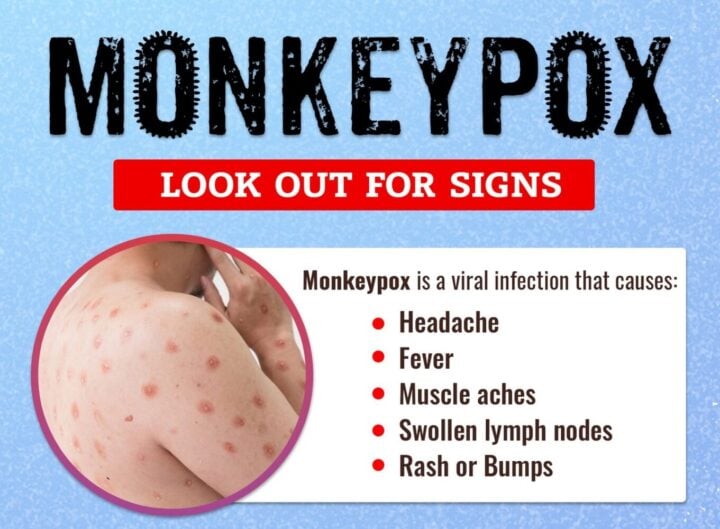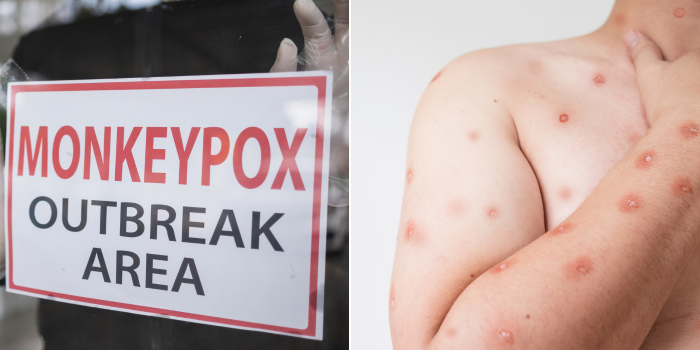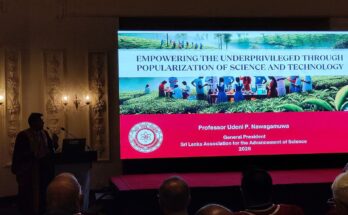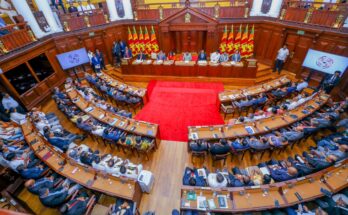Monkeypox, a viral zoonotic disease, has been making headlines globally due to its spread beyond traditional endemic regions. With the recent detection of monkeypox in Sri Lanka, it is essential to understand the potential impact and the measures being taken to protect the population.
Current Situation in Sri Lanka
Sri Lanka has reported its first confirmed case of monkeypox, involving a young traveler who arrived from Dubai. In response, the Sri Lankan Ministry of Health has intensified screening and monitoring at key entry points, including Katunayake Airport. The Medical Research Institute in Colombo is now equipped with advanced monkeypox detection tests, and a dedicated treatment center has been established at the Non-Communicable Diseases Unit in Colombo to manage potential cases.

Monkeypox Symptoms and Transmission
Monkeypox symptoms include fever, severe headache, muscle pain, backache, fatigue, swollen lymph nodes, and a characteristic skin rash or lesions. The virus is primarily transmitted through close contact with an infected person, animal, or contaminated materials. Understanding these symptoms and transmission methods is crucial for early detection and prevention.
Preventive Measures in Sri Lanka
To prevent the spread of monkeypox, the Sri Lankan Health Ministry has issued clear directives to relevant authorities to manage and contain any potential outbreaks. Public awareness campaigns are underway to educate citizens about preventive measures, including avoiding close contact with infected individuals, practicing good hygiene, and seeking medical attention if symptoms arise.
Potential Impact of Monkeypox on Sri Lanka
Although the current threat of a widespread monkeypox outbreak in Sri Lanka is low due to the country’s effective health protocols, the situation requires ongoing vigilance. The global increase in monkeypox cases highlights the need for robust surveillance and rapid response systems. A significant outbreak could have economic repercussions, particularly in tourism and healthcare sectors.
Sri Lanka’s proactive approach to managing the monkeypox threat is critical to minimizing its impact. Ongoing vigilance, public education, and international collaboration will be essential in preventing and controlling this emerging health risk.
Stay informed and follow recommended preventive measures to protect yourself and your community from monkeypox.




